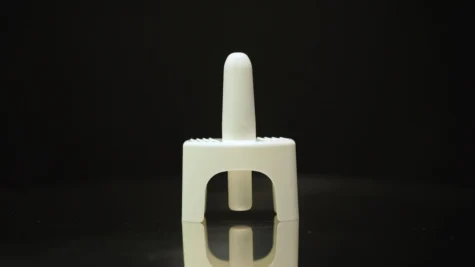In the ever-evolving realm of mental health and addiction recovery, there’s an approach that’s been gaining traction: animal-assisted therapy.
This groundbreaking method involves using animals, like horses and dogs, to support individuals on their journey to recovery.
Continue reading to discover more about this extraordinary approach and its potential benefits!
How Animals Assist Clients in Drug and Alcohol Addiction Treatment
Animal-assisted therapy for addiction incorporates therapy animals as vital components of the treatment process.
These incredible animals provide unconditional love and companionship, helping to subdue feelings of anxiety, depression, and isolation.
Moreover, they play a significant part in improving communication skills, making a profound impact on people dealing with substance abuse or mental health issues.
The Benefits of Animal-Assisted Therapy
Animal-assisted therapy has proven to offer a wide array of benefits for individuals in rehab, such as:
- Lowering stress and anxiety levels
- Enhancing social skills and communication
- Boosting self-esteem and confidence
- Providing a comforting sense of support
- Encouraging physical activity and overall well-being
Moreover, spending time with animals has a remarkable effect on our well-being.
It initiates the release of oxytocin, also known as the “love hormone,” fostering a sense of connection and bonding.
This can be particularly valuable for individuals facing addiction or mental health challenges, as it helps alleviate feelings of isolation and disconnection.
Best Practices for Using Animal-Assisted Therapy for Addiction
Implementing animal-assisted therapy in treatment centers necessitates deeply comprehending the incredible bond between humans and animals and its therapeutic capacity.
It is crucial to prioritize the welfare of the animals and carefully match them with patients to maximize the potential benefits.
For example, a patient with trauma may find greater solace in the presence of a calm and gentle therapy dog rather than an energetic puppy.
Best practices for implementing animal-assisted therapy:
- Thoroughly evaluate the patient’s needs and preferences
- Conduct comprehensive training for therapy animals and their handlers
- Ensure proper licensing and certification for therapy animals
- Regularly assess the animals’ physical and emotional well-being
- Establish clear guidelines and protocols for animal interactions
- Keep a clean and safe environment for both clients and animals
- Foster ongoing communication and collaboration between therapy teams
- Continuously observe and evaluate the effectiveness of the therapy program
- Provide appropriate support and supervision for therapy animal handlers
- Stay updated on current research and best approaches in animal-assisted therapy.
Types of Animal-Assisted Therapy
Equine-assisted therapy and canine-assisted therapy are two well-known forms of animal-assisted therapy.
In equine-assisted therapy, individuals interact with horses to build self-confidence and conquer fears.
The sheer size and strength of horses can offer a remarkable sense of accomplishment and empowerment.
On the other hand, canine-assisted therapy involves incorporating dogs known for their loyalty and unconditional love.
These qualities can be incredibly healing for individuals in recovery.
Here are a few more:
- Feline-assisted therapy: Cats are known for their calming presence and can provide comfort and companionship.
- Dolphin-assisted therapy: Interacting with dolphins can promote relaxation and improve motor skills.
- Avian-assisted therapy: Birds like parrots can be trained to assist individuals with physical or emotional challenges.
- Reptile-assisted therapy: Certain reptiles, like turtles or snakes, can help reduce anxiety and provide a unique sensory experience.
Can I Bring My Pet to Rehab?
Some facilities may not allow personal pets, but many are starting to understand the therapeutic benefits of our furry friends.
They are now including animal-assisted therapy in their programs. It’s essential to check with each treatment center about their policies.
Finding Animal Therapy Programs Near Me
Finding a program near you is as easy as searching online for “animal-assisted therapy for addiction near me.”
You can also reach out to regional animal shelters or organizations specializing in animal-assisted therapy.
It’s essential to research and ensure the program is accredited and has trained professionals overseeing the sessions.
Other aspects to consider are:
- The type of animals used in the therapy
- The specific goals and objectives of the program
- The qualifications and experience of the therapists or handlers
- Any potential risks or allergies for participants
- The cost and availability of the program
It’s also important to note that animal-assisted therapy may not suit everyone.
Some people may have fears or phobias towards certain animals, and others may have allergies.
It’s crucial to discuss any concerns with the treatment center before enrolling in a program.
Does Insurance Cover Animal Assisted Therapy?
Insurance coverage for animal-assisted therapy can differ between plans.
It’s a good idea to reach out to your insurance provider to understand clearly what your specific plan covers.
Experience Life-Changing Animal-Assisted Therapy for Mental Health at Southern Sky Recovery
Southern Sky Recovery offers specialized programs for men and women needing Intensive Outpatient Program (IOP), Partial Hospitalization Program (PHP), and Outpatient treatment.
We understand the unique challenges individuals face during their recovery journey. Our goal is to provide a supportive environment for everyone.
If you or a loved one is struggling with addiction or mental health problems, don’t hesitate to seek help.
Contact us at Southern Sky Recovery to learn more about how animal-assisted therapy for addiction can significantly impact your path to recovery.



